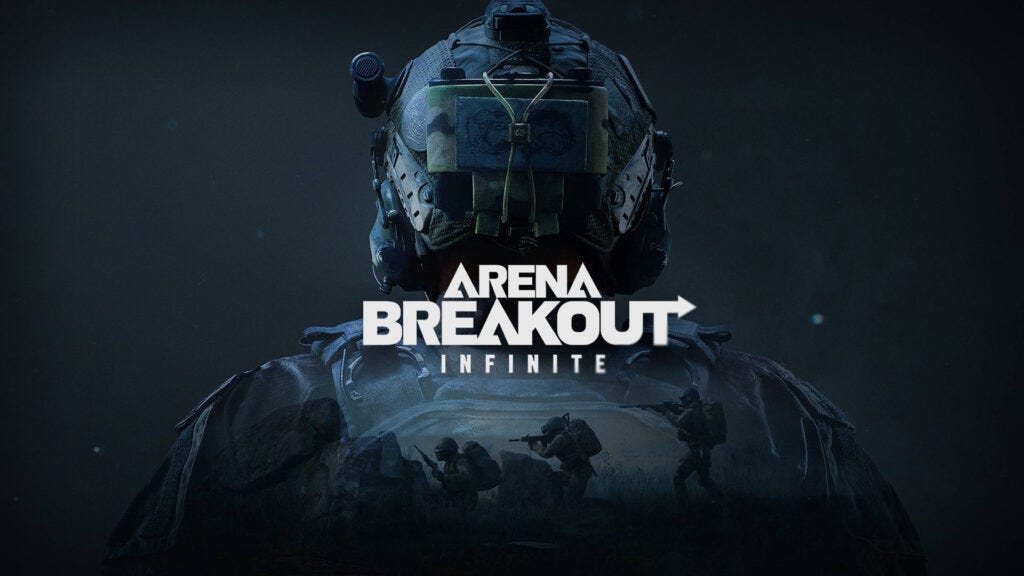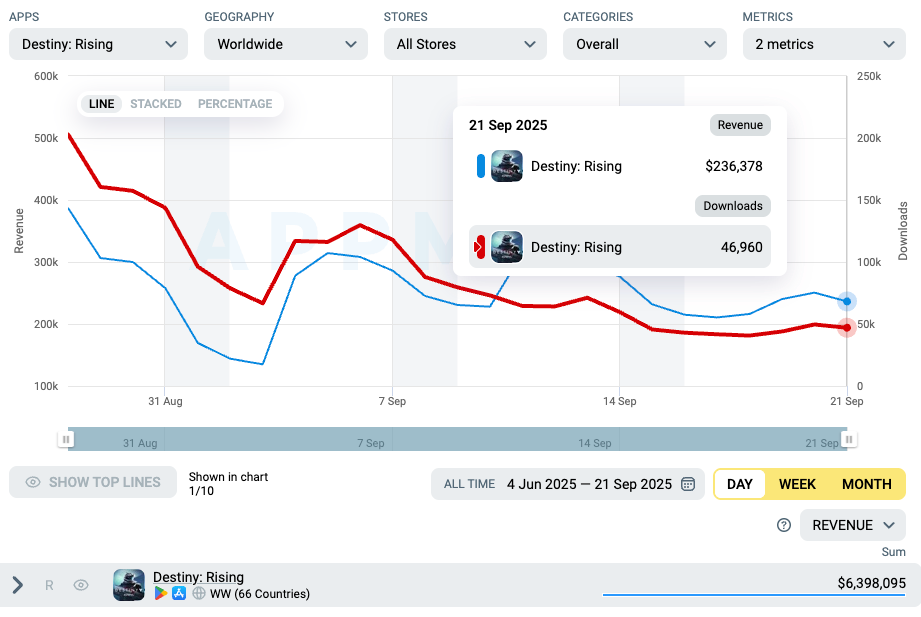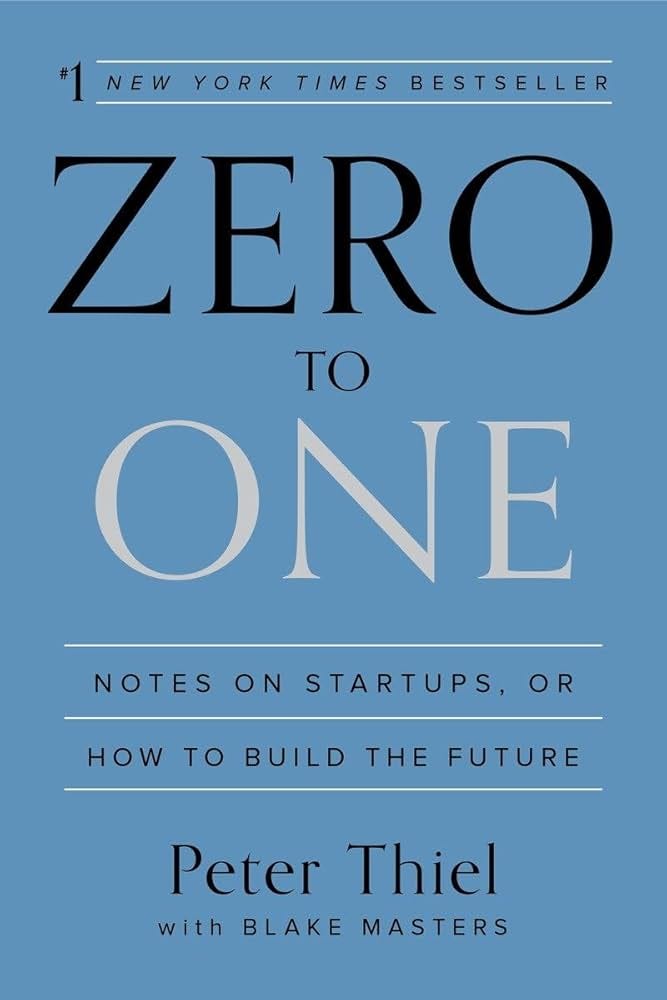Another tweak to our new MAG (macro-alpha-gamedev) format today.
Before starting this series, I recorded a video podcast that got very little traction and in which someone told me: “That was the most cringe video I’ve ever seen.” 😂
Oddly, since shifting to audio podcast and adopting the M-A-G format, shockingly the Substack podcast listens have wildly over performed from my expectations; especially MAG #2… my current theory is it’s because I covered successful Western game developers and the success of Hollow Knight Silksong which was trending.
Having said all that. I’m staying foolish. Imma go full cringe on you guys again and we are now going back to video podcast.
Why?
I want to publish back onto my hated platform Youtube and I’ll also try to start putting this on X (which I also hate) where I get 0 to 1 likes on anything I publish there. Lol.
One other change, I will now focus on 1 topic per section. So 1 macro, 1 alpha, and 1 gamedev topic.
If you want to improve, be content to be thought foolish and stupid.
-Epictetus
In today’s episode:
Macro: Deep dive on Arena Breakout: Infinite - from mobile to PC, from pay to win to friendly PC monetization
Alpha: Destiny: Rising marks the “end of alpha” for the former Big Western IP + China game dev model. Read why
Game Dev: Why Secrets and Stupid Ideas Win in competitive markets
→ Listen on Spotify, YouTube, Apple
Macro | All About Arena Breakout: Infinite
Top 3 Most Significant Gaming News From Last Week:
People Can Fly Announces Major Layoffs After Publisher Cancels Two Projects (TheHRDigest): The studio behind Outriders laid off staff after an unnamed publisher (speculated to be Square Enix) canceled Project Gemini and Project Bifrost without providing clarity on project continuation. This highlights increasing publisher-developer tensions and communication breakdowns.
Anonymous Game Developer on New $100K H-1B Visa Fee (Nikhil Malankar): An anonymous Indian game developer discussed the impact of the new US H-1B visa rules after a recently announced $100K fee caused widespread panic. The developer expressed concern that this change could significantly diminish the US's appeal for foreign talent in the competitive gaming industry.
Arena Breakout Infinite is out on Steam, and it's no longer pay-to-win (PCGamesN): Arena Breakout: Infinite, a free-to-play, hyper-realistic extraction shooter, has launched on Steam. The new version of the game removes the controversial "pay-to-win" currency, and adds five maps, a solo mode, new weapons, and a trophy room.
Arena Breakout | Will It Break Out?
Arena Breakout Infinite – Case Study:
Arena Breakout Infinite, a PC extraction shooter from Tencent’s More Fun (Magic Cube) Studios, debuted on Steam after its popular mobile version. Notably, this PC release shed aggressive “pay-to-win” monetization.
Despite being dismissed as a “Chinese Tarkov clone,” its launch shows PC-market adaptation:
Peak week one CCU (Concurrent Users): ~56k
Design pivots: Monetization shifted from power/currency buys to cosmetic/quality-of-life, solo mode playable, onboarding streamlined.
Tencent’s broader involvement: their Interactive Entertainment Group, with massive stakes in Riot, Supercell, Ubisoft, etc., proves the weight behind the launch.
Key industry lesson:
Western PC audiences vehemently reject monetization schemes that work on Chinese mobile games—direct pay-to-win mechanics cannot just be ported. Consider Arena Breakout’s mobile/China revenue ($142M of $188M global) vs. US ($12.5M).
Cultural sensitivity and adaptability in game design, monetization, and community engagement is crucial for cross-market success.
Extraction Shooter Genre Assessment:
Early PC results for Arena Breakout and secondary hits (e.g., Hunt: Showdown at 5k-20k CCU) may point to good, not breakthrough, performance. Most “extraction” games underperform versus expectations outside China. Upcoming titles like Bungie's Marathon, Embark’s Arc Raiders deserve close watch for potential genre-defining innovation.
^^ Keep an eye out for this game. Looks hella good!
Alpha | The End of Western IP + Chinese Dev Model
The massive success of the Western IP + Chinese Dev collaboration model marked a new alpha back in 2018 to achieve massive global success on mobile.
Western IP + Chinese Developer Collaboration – Rethinking the Model:
The IP partnership model (e.g., Activision’s Call of Duty Mobile with Tencent TiMi) proved incredibly successful, combining world-class franchise power with rapid, resourceful, and extremely skilled Chinese development.
This model was also predicated on the “secret” that at large scale, non-linear user acquisition effects kick in causing greater organic inflows and reduced CPI. Watch the discussion on this topic below:
Destiny Rising, a big-budget game developed by NetEase with Bungie, signals the possible end of this era—revenue charts and relationship data point to a fade-out in effectiveness. Remember there are massive dev costs and royalties involved with these deals.
Root Causes for Collaboration Breakdown:
Economics:
Deals benefited the IP owner (Western side), with Chinese developers shouldering all development costs, heavy IP oversight, and protracted approvals—seen increasingly as unfair/sour deals on the Chinese side.
With hit homegrown IPs (e.g., Genshin Impact, Black Myth: Wukong), Chinese studios are reevaluating whether licensing Western IP justifies high risk and expense.
Cultural Misalignment:
The “996” Chinese work culture (9am–9pm, six days/week) breeds resentment when Western teams—often perceived to work less—hold significant oversight and share few risks. Asymmetrical commitment and frustrated sacrifices erode morale and collaboration.
Human perspective: Western teams often overlook the real, personal cost on the Chinese side. The result? Attrition, bitterness, and a collapse of trust that undermines the model.
The Strategic Takeaway:
This may be the end. Studios/investors should expect fewer big-budget US/China IP partnerships—focus will shift towards native IP development and more symmetrical cross-border deals… if any at all.
The industry should anticipate acceleration in “homegrown” Chinese hits and potentially tough transitions for IP owners hoping to repeat the success of past collaborations.
Game Dev | Secrets & Stupid Ideas
Embracing ‘Secrets’ as Differentiators:
Inspired by Peter Thiel’s Zero to One, the “secret” is an important truth about the world that most people don’t see or agree with. Success in hyper-competitive categories nearly always requires you to bet on these secrets—ideas outside conventional wisdom.
As a startup, trying to find success in a highly competitive space where there are nothing but dead bodies, the actual stupid thing to do, is to do what everyone else has already tried. Conventional thinking in this context won’t work.
Why ‘Stupid’ Ideas Sometimes Win:
Stupid ideas are often contrarian by nature—misunderstood, mocked, or rejected at first blush. But humility is recognizing that your “common sense” can be flawed.
Case study: Early skepticism around eBay’s user trust model and Uber’s rideshare concept proved wrong—these ‘ridiculous’ ideas delivered billions in value.
Marvel IP pitch analogy: If Spider-Man and Captain America were pitched as original concepts, few would have invested. The seemingly ‘stupid’ idea can actually be a massive opportunity.
Key Principle for Teams and Leaders:
Don’t necessarily dismiss the strange, unpopular, or highly risky ideas. True product innovation in today’s games industry demands you “think different,” channel humility, and move forward despite disagreement with your team.
Actionable Wisdom:
Leaders should encourage the exploration of wild ideas, support team members willing to risk looking foolish, and remain open to outcomes no one can predict.






















